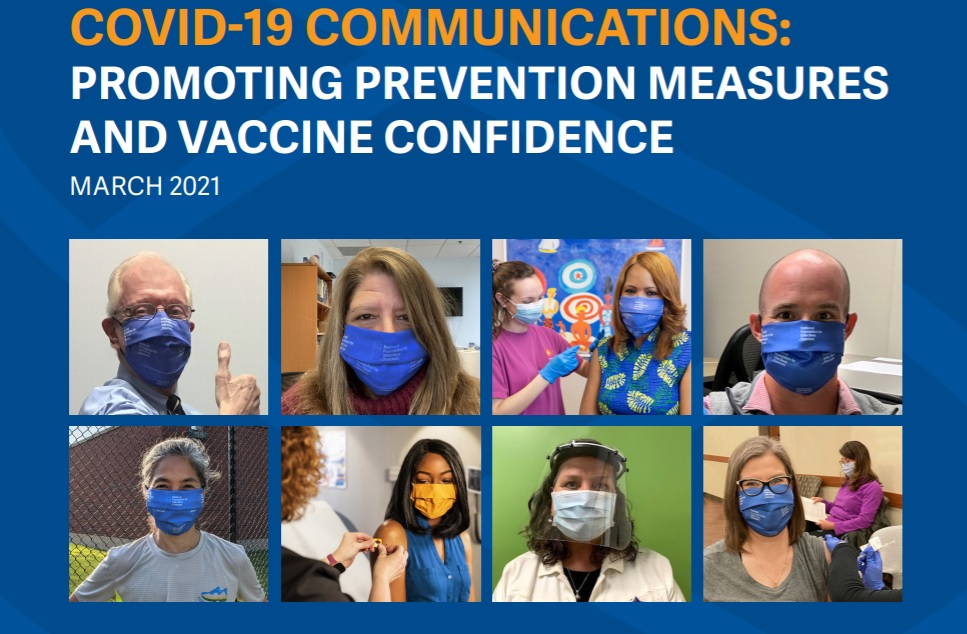NEW RESOURCES: The National Foundation for Infectious Diseases (NFID) released two new resources that are helpful to employers:
- “10 Reasons to Get Vaccinated”: Like eating healthy foods, exercising, and getting regular check-ups, vaccines play a critical role in keeping you and your loved ones healthy. Check out the popular 10 Reasons to Get Vaccinated and download/share the graphics on social media.
- Should pregnant women get vaccinated? When is the best time to get an annual influenza (flu) vaccine? Test your knowledge and share the NFID Vaccine-Preventable Disease Quiz to help spread awareness about vaccine-preventable diseases. “Test your vaccine knowledge” quiz!
See here for other useful NFID resources on COVID-19 Communications:
- NFID held its 2022 Annual Conference on Vaccinology Research. Please use this link to access the online conference platform. To access the recordings and slides, select the links associated with each presentation listed on the Agenda.
- Video: How to Talk About COVID-19
- COVID-19 Communications Framework Presentation Slides
- COVID-19 Communications: Sample Newsletter/Website Content
- NFID’s report on COVID-19 Communications: Promoting Prevention Measures and Vaccine Confidence. This report was published in March 2021 by the National Foundation for Infectious Diseases (NFID), which convened a multidisciplinary group of experts at a virtual roundtable in January 2021 to share research, insights, and best practices for improving and harmonizing communication to the public about the evolving COVID-19 pandemic and the importance of following evidence-based public health prevention measures. A complete list of participating organizations is included on page 16. This report summarizes key information discussed during the roundtable and presents a scalable communications framework with strategies and messaging to help leaders across many sectors including business, education, employer, workforce, and government, ensure that their communications foster positive social norms that encourage the public to protect themselves, their families, and their communities from COVID-19 by following CDC guidance.
